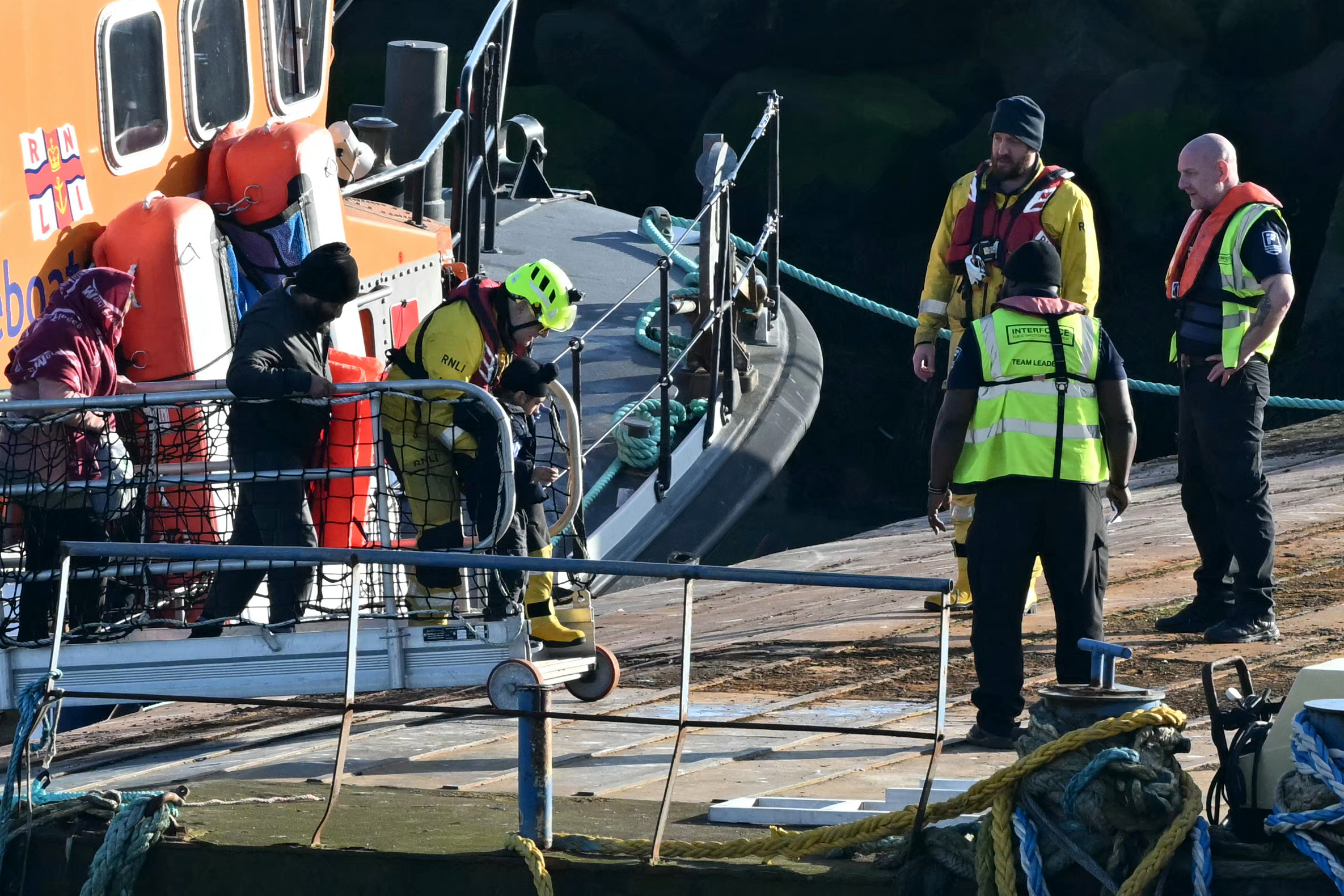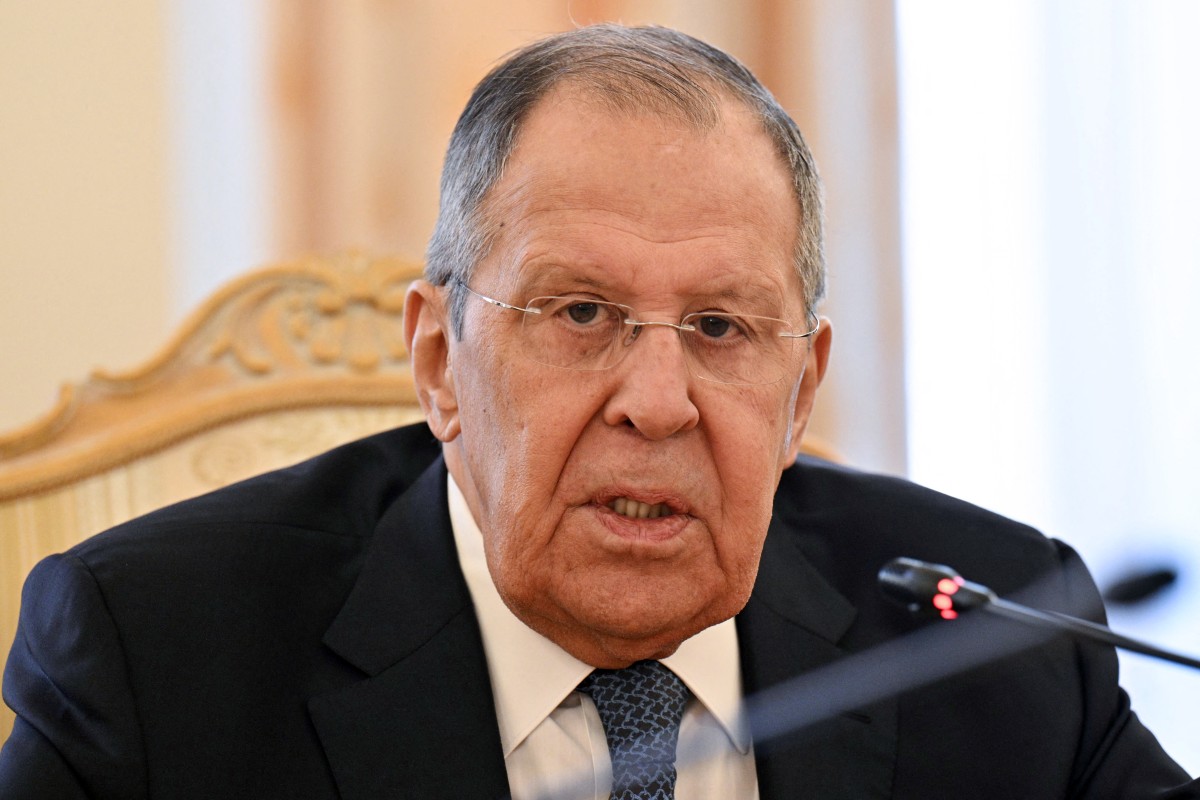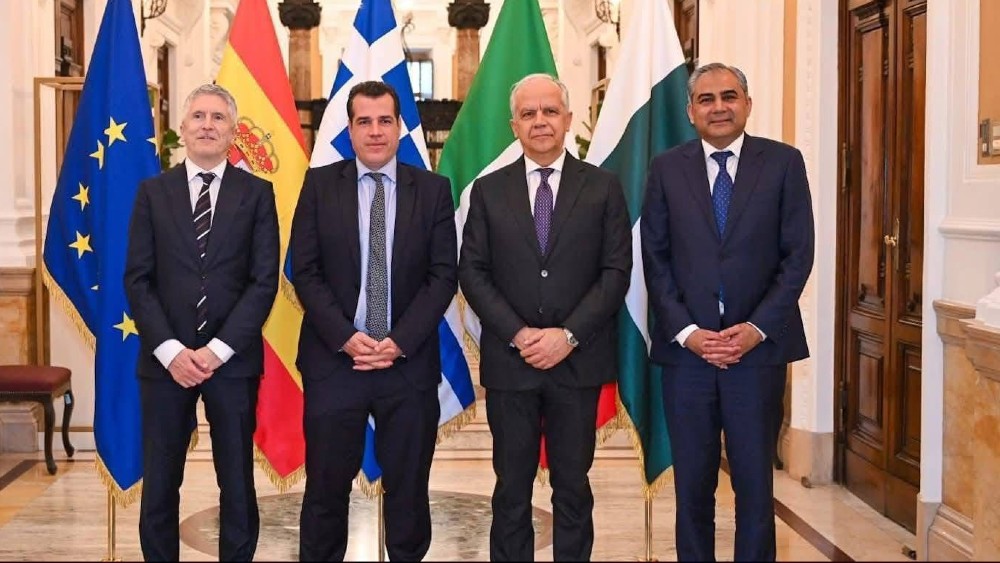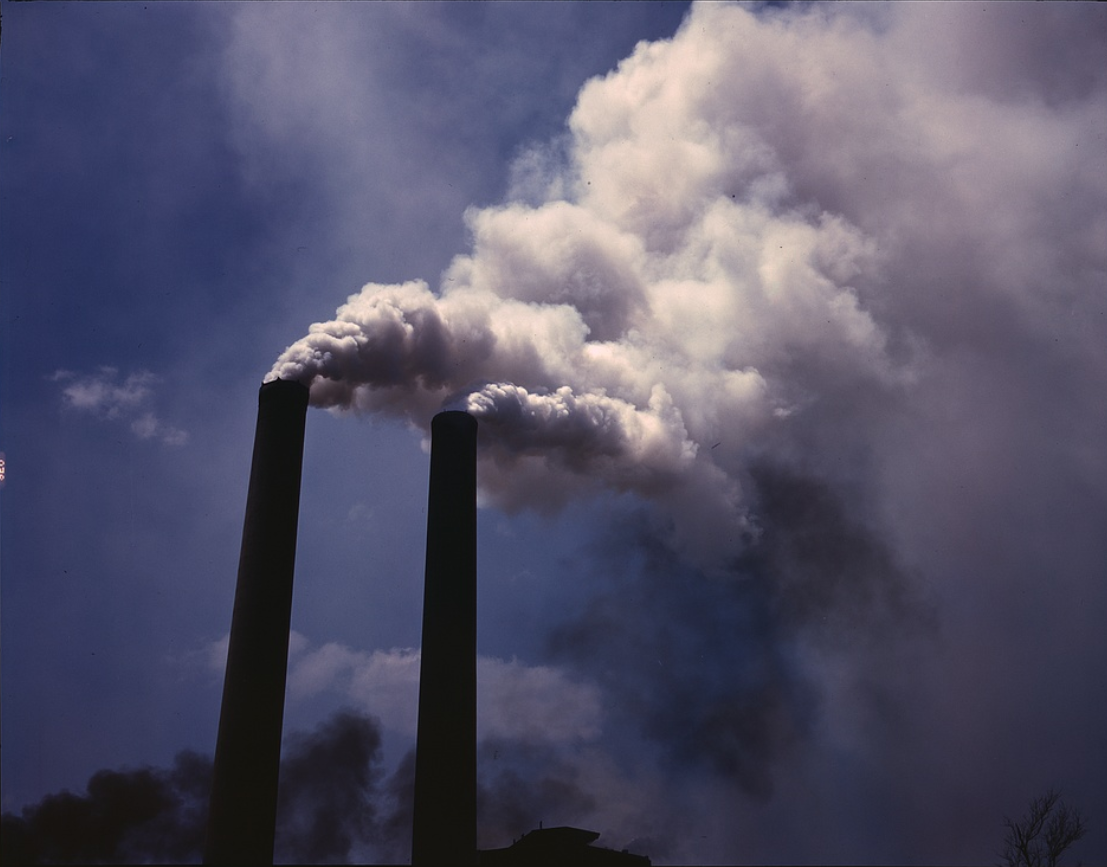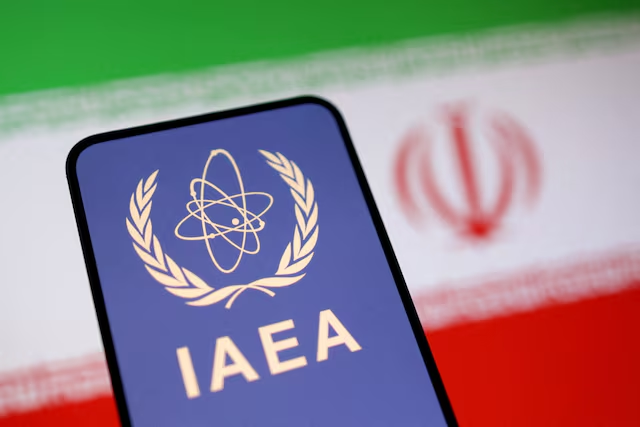Iran, IAEA agree to resume inspections
Deal covers all nuclear-related facilities
Cooperation halted after June war strikes
Iran demands security council approval first
ISLAMABAD: Iran’s new cooperation framework with the United Nations nuclear watchdog covers all of its nuclear facilities and installations, International Atomic Energy Agency chief Rafael Grossi said Wednesday.
The agreement, reached Tuesday, follows Iran’s suspension of cooperation after the June war with Israel, when Israeli and United States strikes targeted Iranian nuclear sites. The agency has not had access to those facilities since.
The deal, announced Tuesday, followed months of strained relations after Israeli and United States strikes in June targeted Iran’s nuclear facilities during a 12-day conflict. More than 600 people were killed in the clashes, including scientists and military personnel, and thousands were injured.
Yesterday, in Cairo, IAEA Director General Rafael Grossi told the agency’s Board of Governors that the agreement covers “all facilities and installations in Iran” and includes reporting on sites attacked in the strikes. “Iran and the agency will now resume cooperation in a respective and comprehensive way,” Grossi said.
Iran, however, stressed that access to sites would be subject to approval by its Supreme National Security Council. Araghchi told state television that “the nature of access will have to be discussed at an appropriate time” based on Iran’s future reports.
The disagreement highlights the fragile nature of the deal. Iran has enriched uranium to 60 percent purity, close to weapons-grade levels, but the extent of its remaining stockpile after the strikes remains unclear.
The IAEA has called its inability to verify Iran’s nuclear stockpile since June “a matter of serious concern.” Tehran suspended cooperation in July after accusing the agency of double standards and failing to condemn the Israeli and U.S. attacks. President Masoud Pezeshkian signed a law halting collaboration, leading inspectors to leave the country.
European powers have warned they could reimpose sanctions lifted under the 2015 nuclear deal if Iran does not comply with inspection requirements. Araghchi cautioned that Tehran would terminate the agreement if “any hostile act” was carried out against Iran or if sanctions were reinstated.
“Iran will never compromise on its sovereignty, rights or security,” Araghchi said. “At the same time, Iran is demonstrating restraint and responsibility by reaching an agreement with the agency.”
Despite the disputes, Tuesday’s agreement was seen as a step toward repairing relations between Iran and the U.N. watchdog.
